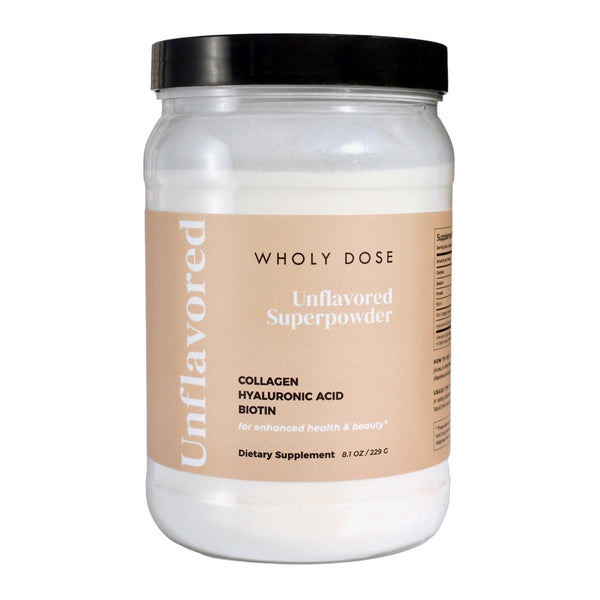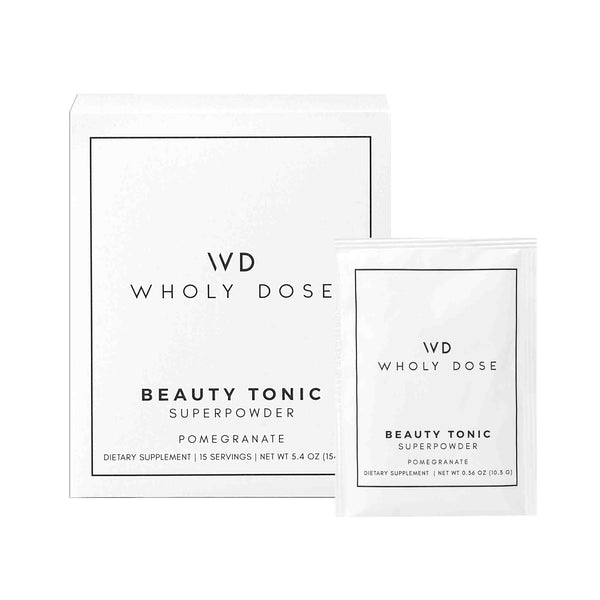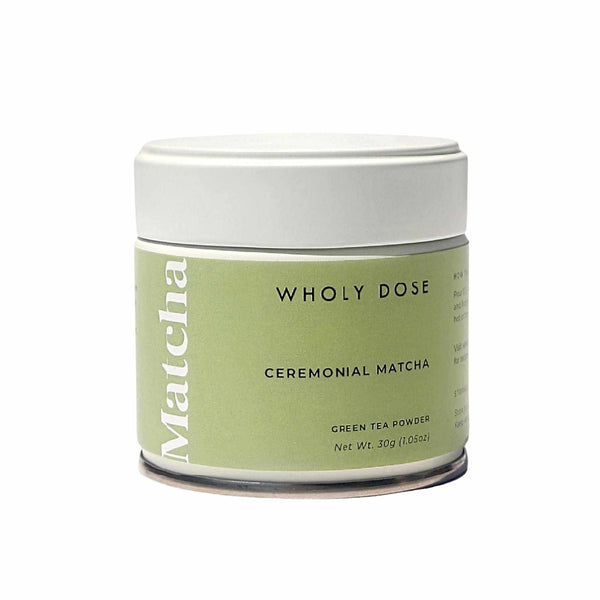
5 Reasons for Hair Loss
If you’ve experienced hair shedding, you might have wondered “why is my hair falling out?” or “why is my hair thinning?”
The truth is, hair loss and thinning hair are normal. We’ve come to coin the term “hair shedding,” which is the normal amount of hair loss any individual sustains on a daily basis. According to Dr. Lynn Sympson, an Ob/Gyn at the Cleveland Clinic’s Center for Specialized Women’s Health, hair goes through normal cycles, in which it grows and then falls out. In this case, she says you can expect to shed roughly 50-150 hairs per day.
So, if your hair is falling out or thinning, relax–it’s entirely normal.
However, if you are losing what might feel like an excessive amount of hair at a more than gradual pace, it may be worth listening to your body and evaluating the possible causes of hair loss that you’re experiencing. Here are some factors to consider when experiencing an excessive amount of hair loss.
Hair Loss Causes, Understanding the Differences
Before we dive into the causes of hair loss in women and men, it’s important to understand the different types of hair loss: genetic hair loss and reactive hair loss.
Hair loss expert, Anabel Kingsley, a leading Trichologist at the Philip Kingsley Clinic in London, breaks this down for us.
Genetic hair loss or genetic baldness is hair loss that has been genetically inherited into your genomic patterns in which you are physically predisposed to experience a certain degree of hair loss. Reactive hair loss is primarily experienced as your body reacts to internal or external stressors.
While there are those who will sustain genetic hair loss, these are some of the internal and external factors that can cause excessive or abnormal loss of hair.
1. Hormones and Hair Loss
If your hormones are out of sync, this might be one of the reasons for hair loss in women. Hair expert Anabel explains, “hormones play a huge role in regulating the hair growth cycle. Oestrogens (female hormones) are 'hair friendly' and help to keep hairs in their growth phase for the optimal length of time. Androgens (male hormones) are not very hair friendly, and can shorten the hair growth cycle."
This means that an excessive amount of androgens matched with an inadequate amount of oestrogens can cause female hair loss or even female baldness.
While hormonal hair loss is frustrating, the goods news is that your body is naturally conditioned to experience hormonal changes and in most cases, will return to a normal hormonal state. In the meantime, here are ways you can naturally balance your hormones:
– Get enough sleep
– Avoid excessive light before and during bedtime
– Move your body through exercise
– Manage stress levels
– Avoid or limit sugar intake
– Maintain a healthy balanced diet
2. Stress and Hair Loss
If you’re wondering “can stress cause hair loss?”, the answer is yes. Stress has a number of negative impacts on your health from anxiety, to loss of sleep, digestive issues and weight gain, to causing hair loss.
While there are many factors behind the matter, stress can also throw your body into a hormonal imbalance, creating more androgens that estrogens, further resulting in an excessive loss of hair.
Here are ways to naturally reduce stress and avoid hair loss:
1. Meditate and practice deep breathing
2. Manage stress (it helps to recognize when you become stressed)
3. Break a sweat through working out
4. Consider supplements that help with stress such as matcha green tea or ashwagandha
5. Reduce your caffeine intake
6. Find ways to laugh
7. Spend time with your loved ones
8. Take a break (or vacation) when needed
3. Nutritional Deficiencies Cause Hair Loss
Nutritional deficiencies can be experienced with any lifestyle – intentional or unintentional. This comes in many forms, including binging on junk food or not getting enough nutrients or protein–which can lead to stress, anxiety, and depression.
The key here is your nutritional intake – is your body getting the nutrients it needs to function happily and healthily? Aside from positive impacts on your energy, stress levels, mobility, and hormonal functions, nutrition also plays a key role in hair growth. Proteins and nutrients like vitamin B, iron, zinc, vitamin D – plus biotin and collagen (hello, Wholy Dose) contribute to your body's healthy production of hair. When your body doesn’t get adequate levels of protein and nutrients, this can lead to hair thinning, hair loss, and balding head.
If you don’t get enough protein or nutrients from your diet, consider taking supplements to make up for it and aid with healthy hair growth. Supplements high in amino acids such as collagen, is scientifically-proven to stimulate healthier, thicker, and quicker hair growth. Biotin is another supplement that can aid with hair loss and leave you with healthier and stronger hair. Wholy Dose supplement powders contain both collagen and biotin to provide your body with amino acids and vitamin B for healthy, strong, and growing hair.
4. Hair Loss & Age
While we can’t avoid getting older, who says we can’t age gracefully? Our bodies are naturally pre-dispositioned to experience different changes as we age, and that’s OK. The great news is that while our body loses structure and shape as we get older–including that of our hair–we can provide our body the nutrients it needs to age gracefully.
A great solution for hair loss or hair thinning that comes with age is to implement supplements, such as collagen. While collagen aids many areas of your body, it helps especially with hair growth. As you age, your body begins to decrease it’s natural supply of collagen production at 1.5% per year resulting in significant changes to the appearance and structure of your hair. Supplementing collagen helps restore structure to your hair cells, while giving your body what it needs to boost growth, strength, and shine.
5. Poor Hair Care Can Cause Hair Loss
Now, something you can control. Poor hair care practices such as excessive heat from hair tools, over brushing, or extensive amounts of hair dye can be one of the primary reasons for hair loss and permanently damage the health of your hair strands and scalp.
Positive practices, like gentle brushing, massaging your scalp to stimulate hair follicles, hair masks, and regular trims are favorable to healthy hair growth.















